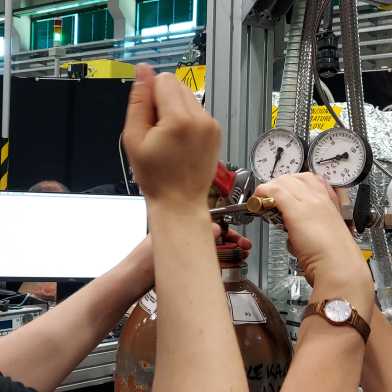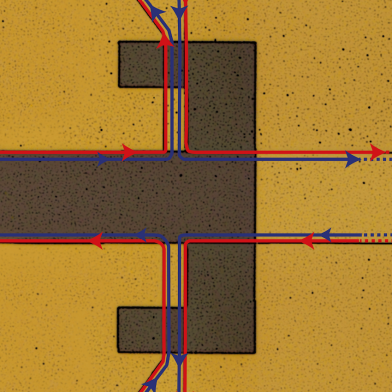03
How do you discover life on exoplanets?
Astrophysics (IPA)

What new telescopes are needed for this? In recent years, astronomers have discovered thousands of planets outside our solar system – so-called exoplanets. They orbit stars other than our sun. Some of them could offer conditions that make life possible.
Imagining an Earthly neighbour
Astrophysics (IPA)

We do not yet know whether the Sun-like stars closest to us, the α Centauri A/B binary, harbour an Earth-like planet. However, thanks to new modelling work, we now have a good sense of what such a planet, should it exist, would look like and how it might have evolved.
Get connected!
- Laboratory for Solid State Physics (LFKP)
- D-PHYS
- Institute for Quantum Electronics (IQE)

Women scientists in photon science talk about their research and the impact their work has on the field. From the perspective of early career to established researchers, they also talk about necessary skills, career steps, and role models. They are members of the Swiss Society for Photon Science, an academic society that represents and supports scientists active in the many different fields of photon science.
Vacuum fluctuations break topological protection
- Institute for Quantum Electronics (IQE)
- Quantum sciences

A hallmark of so-called topological quantum states is that they are protected against local perturbations. ETH physicists now demonstrate that in the paradigmatic case of the integer quantum Hall effect, vacuum fluctuations can cause a breakdown of topological protection.